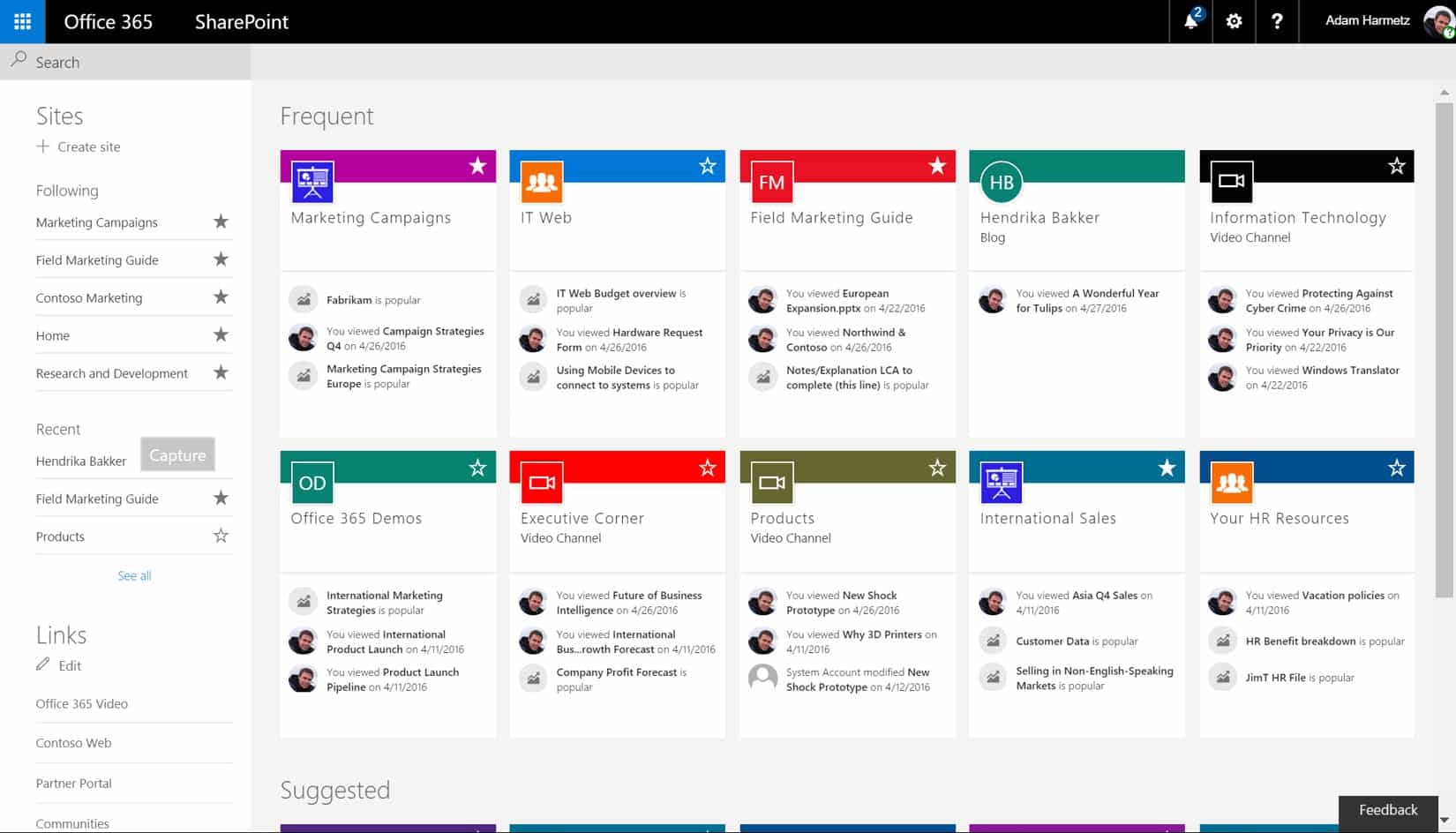Is SharePoint HIPAA compliant?
SharePoint, part of Microsoft's Office 365 suite, is a web-based collaborative platform primarily used as a document management and storage system. It's highly configurable and offers features for organization, collaboration, and sharing. With its ability to create websites, intranets, and content management systems, SharePoint is a go-to solution for businesses looking to enhance teamwork and productivity.

SharePoint in healthcare
In a healthcare context, SharePoint can serve multiple roles. SharePoint can provide a centralized platform for storing and sharing patient educational materials, guidelines, or protocols. It can facilitate collaboration and communication within the healthcare team through its team sites, document libraries, and communication sites. Furthermore, its robust search and organization features make it easy for healthcare staff to locate and access necessary documents.
SharePoint and HIPAA compliance
SharePoint, as part of Office 365, can be HIPAA compliant when configured appropriately. Microsoft is willing to sign a Business Associate Agreement (BAA), which is a requirement for a service to be used in a manner compliant with HIPAA. However, it is up to the user to implement and maintain necessary configurations and usage practices to ensure compliance, such as managing permissions and sharing settings appropriately. More information can be found in Microsoft's Trust Center.
Staying HIPAA Compliant
Take a look at our ultimate guide to HIPAA compliant software and services for help selecting compliant service providers. Though careful vendor evaluation and selection is only one piece of the puzzle for maintaining HIPAA compliance. At TeachMeHIPAA, we offer an affordable HIPAA training solution to ensure your staff are knowledgeable in how to comply, and to help you meet your legally mandated HIPAA training requirement with ease. Learn more about our tips and tricks for maintaining compliance with our HIPAA compliance blog.